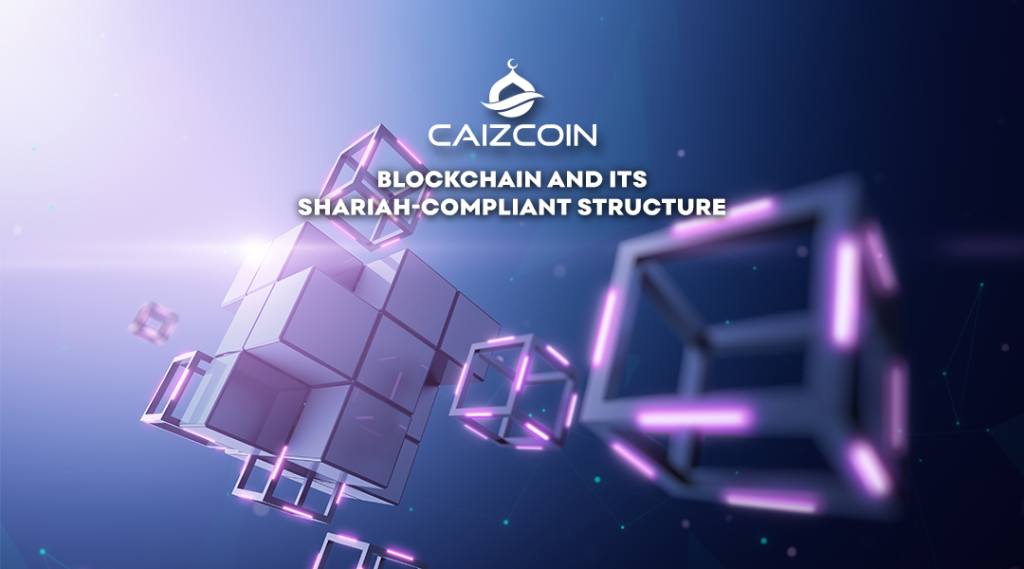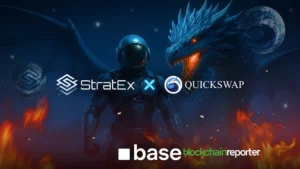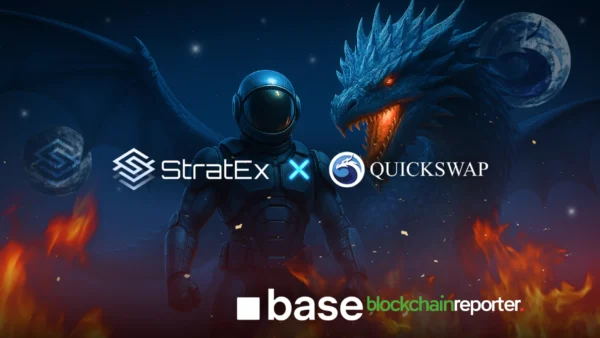
Caiz Development, a FinTech business based in Germany, is developing a cryptocurrency that complies with Sharia law as well as a blockchain. The goal of these projects is to expand access to financial opportunities for millions of unbanked people living in developing nations. Caizcoin will operate in accordance with the tenets of the Islamic financial system. Transactions that adhere to the principles of Sharia law will likewise be available via the blockchain.
Joerg Hansen, the chief executive officer of Caiz Development, explained that from 2018 to 2019, they received the concept of establishing a cryptocurrency that could be utilized in the Islamic world despite all of its restrictions, such as having no interest, knowing your counterparties, not having anonymity or speculation, and so on.
He stated that prior to deciding to develop the token, they consulted with many Islamic experts to determine whether or not this practice is lawful. They went to great lengths to ensure that Caiz complied with Islamic law, but at the same time, they worked hard to develop a product that is accessible to all people and can be used by anybody.
In addition, during the next few weeks, the developer will be releasing in conjunction with an exchange an alternative to staking that is suitable for Muslims. While one waits for the value of one’s cryptocurrency holdings to rise, one might “stake” their assets in order to make passive income. In the same way that interest may be earned on savings accounts and bonds, interest can also be earned on coins that have been “staked.” Staked coins are comparable to these financial instruments.
Unlocking Financial Opportunities For Millions
According to a report that was published this month by the blockchain analytics platform Chainalysis, the Mena region is the market for cryptocurrencies that is expanding at the quickest rate worldwide. The region is expected to account for 9.2% of global digital currency transactions between July 2021 and June 2022. According to a survey published by the consultancy Strategy, around 22% of the population in the GCC does not have access to a bank account, whereas this figure is 60% in North Africa.
According to the Arab Monetary Fund, 79% of young adults in the Mena region do not have bank accounts, and 72% of the inhabitants living in the worst conditions stand to profit from financial inclusion. The FinTech company found that one of the most difficult challenges faced by migrant populations not only in the Islamic world but also all around the world is dealing with remittance payments.
Caizcoin’s most promising applications are not found in the United States or Europe, where nearly everyone already possesses a bank account. Instead, these customers are unbanked or underbanked individuals living in developing nations, which have a lower rate of overall financial service penetration. They may then download the app, purchase Caiz, and transfer it to a recipient.

The receiver can then use the Caiz token within the ecosystem for a variety of activities or exchange it for a currency that is accepted locally. South-East Asia, the Middle East, and Africa, as well as migrants living in Europe and Latin America, make up the majority of the company’s most lucrative markets. Users often trade cryptocurrencies on decentralized exchanges, where the counterparties they are trading with are unknown and the risks involved are also unknown.
Nevertheless, Caizcoin will function inside an ecosystem that will provide “checks and balances” for all individuals who have Caizcoin wallets. According to Hansen, the system is only accessible to people who have undergone screening and examination. Caizcoin does not promote collaborations with businesses that are forbidden in Islam, like alcohol, narcotics, gambling, and pornography. This is in accordance with the company’s “know your customer” approach.
Setting Up Custom-Designed Blockchain
The German fintech company, which already operates a marketing office in the UAE, is in the process of developing the token on a bespoke blockchain. According to Hansen, the company has no plans to construct a coin on top of Ethereum, for example. They made a modification to the fundamental technology known as the Stellar chain so that it is now possible for them to construct this from the ground up.
In addition, the founders of Caizcoin plan to participate in humanitarian endeavors and advocate for various social concerns. One recent example is how Caiz Development supported the installation of the Euro sculpture in Frankfurt, Germany. Additionally, the financial technology corporation has in the works the establishment of youth football academies in Singapore, Malaysia, and Indonesia.
In the first three months of 2023, Caiz Development plans to initiate the installation of its bespoke blockchain and application programming interface in order to establish connections with various financial service providers, banks, and payment gateways. People will be able to access the ecosystem using only their mobile phones and will not need a bank account to do so because the platform will have a Caiz wallet in addition to an app.
Caizcoin is still in the phase of fundraising. Even though they have conducted private sales, they plan to open trading on a number of exchanges this year in order to increase the amount of capital that can be raised for the coin’s continued development. This will still be done on the Ethereum chain, but in either January or February, the company will transition to using the Stellar blockchain.
Caizcoin is now available on five cryptocurrency exchanges, including P2Pb2b, BigOne, Biconomy, and Bittrex. Those who have Caiz from the pre-sale can store their coins there. After the conditions of the market have become more stable, the platform will make it possible for users to access the exchanges. This year or next, the company will approach one or two top-tier exchanges.









